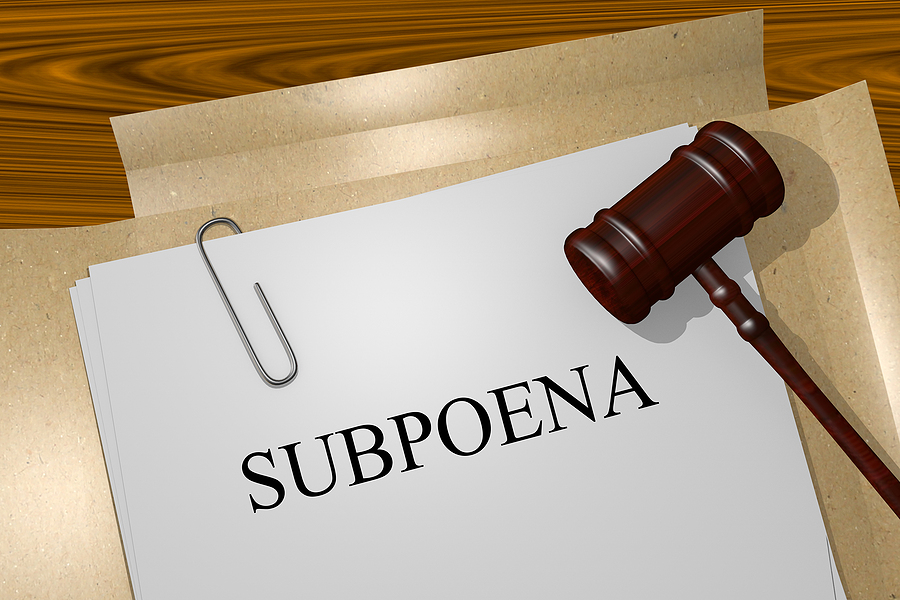An opposing party’s litigation posture in an Illinois divorce hearing or trial can tell you a lot about what they are actually concerned with. It is common for a party to continue to harp on one issue throughout the hearing. This is annoying not just to you, but to the judge.
The judge is trying to polite and fair. You, however, are the adverse party. You may need to be fair but you do not need to be polite. Simply object upon the third time you hear about the same issue that the proposed evidence is “cumulative”.
Cumulative evidence is evidence “tending to prove the same thing.” Black’s Law Dictionary (11th ed. 2019)
“Cumulative evidence is additional evidence of the same kind bearing upon the same point and it is not error to receive cumulative evidence otherwise admissible.” People v. Nahas, 292 NE 2d 466 – Ill: Appellate Court, 3rd Dist. 1973
“To say that new evidence is “cumulative” of evidence previously presented is simply to state the conclusion that, had the new evidence been introduced at trial, it would not have changed the result, because it added nothing to what was already before the [finder of fact]”Ostendorf v. International Harvester Co., 433 NE 2d 253 – Ill: Supreme Court 1982
Exclusion of cumulative evidence is not prejudicial to a party’s case. Zuelsdorf v. Montgomery Ward & Company, Inc., 64 Ill. App. 3d 408, 415 (1978)
Illinois courts have discretion to deny the presentment of cumulative evidence. Illinois courts can even deny an entire witness if their testimony was presumed to be cumulative.
“This discretion [to exclude cumulative evidence] includes limiting the number of… witnesses.” Dillon v. Evanston Hosp., 771 NE 2d 357 – Ill: Supreme Court 2002
The defense to an objection that evidence is cumulative is to point out that the evidence is, actually, corroborative.
Corroborative evidence is “evidence that differs from but strengthens or confirms what other evidence shows (especially [when that evidence] needs support)” Black’s Law Dictionary (11th ed. 2019)
Corroborative evidence, while common, can also be excluded as being cumulative. People v. Ortiz, 919 NE 2d 941 – Ill: Supreme Court 2009
The distinction between cumulative and non-cumulative evidence is whether it adds something new to the currently entered evidence.
“Noncumulative evidence adds to the information that the fact finder heard at trial.” People v. Robinson, 181 NE 3d 37 – Ill: Supreme Court 2020
In a divorce case, cumulative evidence is usually the adverse party stating for the umpteenth time what a lousy spouse, parent the other side is. Not only is this type of testimony cumulative, it is irrelevant.
“Relevant evidence is that which has any tendency to make the existence of any fact that is of consequence to the determination of the action more or less probable than it would be without the evidence.” Baraniak v. Kurby, 862 NE 2d 1152 – Ill: Appellate Court, 1st Dist., 2nd Div. 2007
Repeating an allegation does not make the veracity of the allegation “more probable” and should be excluded as irrelevant as well as cumulative.
If the cumulative, irrelevant testimony is also in the nature of a personal attack (in divorce, it always is) the testimony can be objected to as having only prejudicial value.
“Although relevant, evidence may be excluded if its probative value is substantially outweighed by the danger of unfair prejudice, confusion of the issues, or misleading the [finder of fact], or by considerations of undue delay, waste of time, or needless presentation of cumulative evidence.” Ill. R. Evid. 403
So, you should never just object “cumulative.” You should say, “Objection. The proffered testimony is cumulative, it’s irrelevant and, if it continues, it’s prejudicial.”
The admission or exclusion of cumulative evidence will be left up to the trial judge. Do not expect to prevail on appeal regarding the exclusion or admission of cumulative evidence.
“[T]he admission of evidence, even cumulative evidence, is largely a matter committed to the sound discretion of the trial court” Lee v. Chicago Transit Authority, 605 NE 2d 493 – Ill: Supreme Court 1992
“[T]he exclusion of cumulative evidence is within the discretion of the trial court, whose ruling will not be reversed absent a clear abuse of that discretion.” Dillon v. Evanston Hosp., 771 NE 2d 357 – Ill: Supreme Court 2002
“[E]vidence that was denied admission is purely cumulative, the exclusion is harmless error and does not require reversal and remand for a new trial.” People v. Bartall, 456 NE 2d 59 – Ill: Supreme Court 1983
Nothing is more terrifying than being against an opposing counsel who has every objection at his or her fingertips. Does your divorce lawyer know the objections, the rules, the sub-rules and the exceptions to those rules? If not, contact my Chicago, Illinois family law firm to schedule a free consultation with an experienced Illinois divorce attorney.






